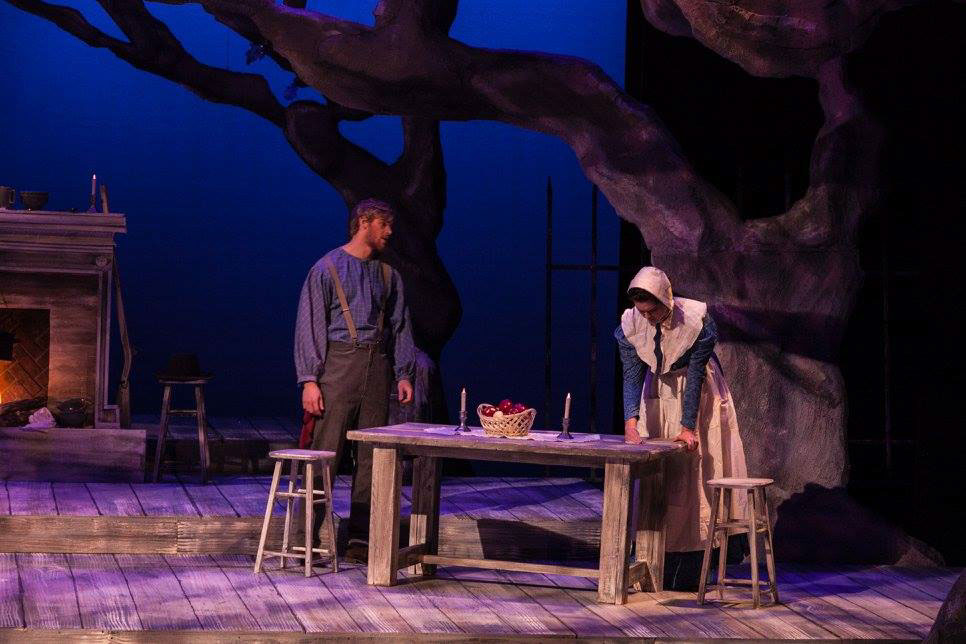
️ The crucible forest scene. SparkNotes The Crucible Act I The entrance of Reverend Hale to
The Crucible Study Guide. The Crucible is a fictional retelling of events in American history surrounding the Salem Witch Trials of the seventeenth century. Yet, is as much a product of the time in which Arthur Miller wrote it - the early 1950s - as it is description of Puritan society. The Salem witch trials took place from June through.

The Crucible Infographic SparkNotes
Arthur Miller and The Crucible Background. Early in the year 1692, in the small Massachusetts village of Salem, a collection of girls fell ill, falling victim to hallucinations and seizures. In extremely religious Puritan New England, frightening or surprising occurrences were often attributed to the devil or his cohorts.

The Crucible (SparkNotes Literature Guide) by SparkNotes
Arthur Miller's ' The Crucible ' is one of the most powerful and poignant plays ever written. Set in the Puritan town of Salem during the 1690s, the play focuses on a series of trials that ultimately reveal the dangers of fear and ignorance. The play is filled with important symbols and themes that drive the narrative, many of which are.
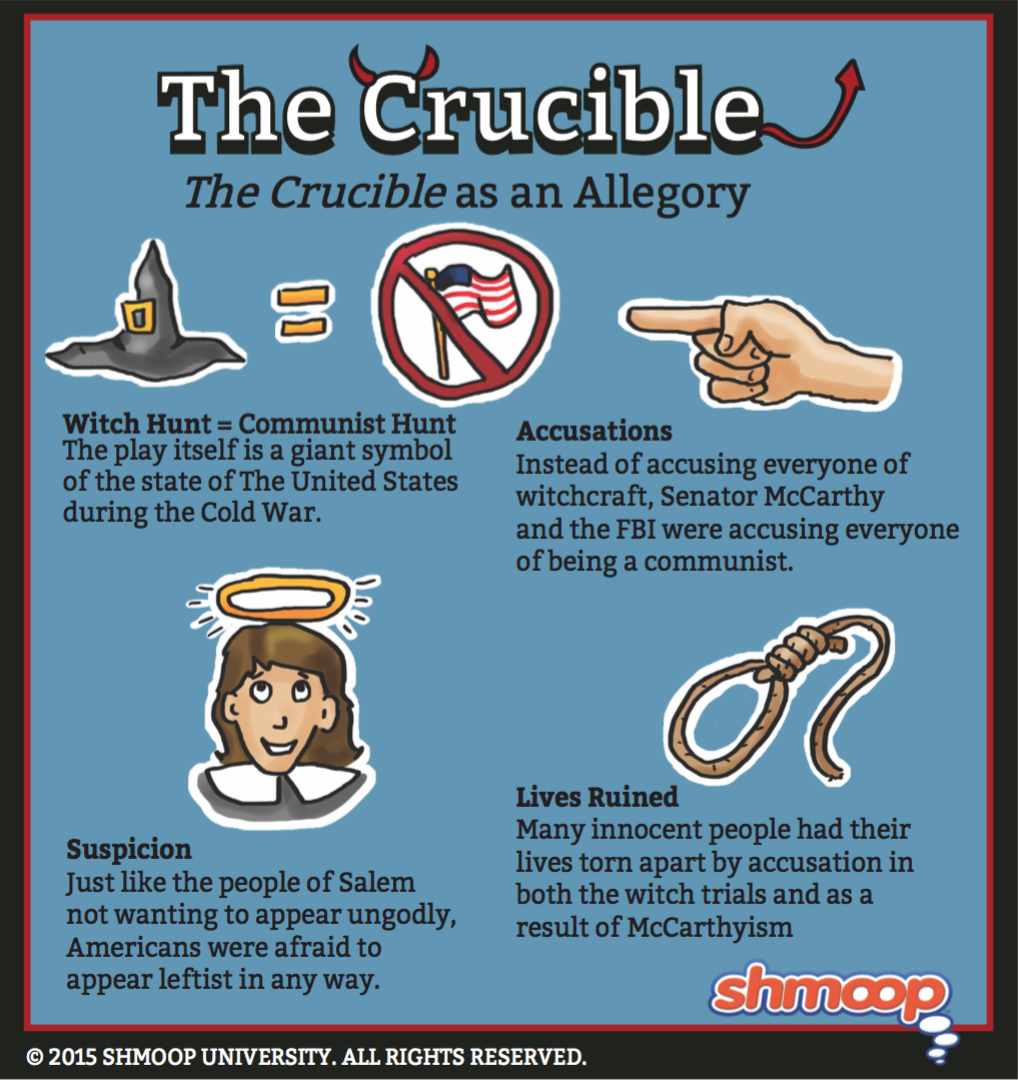
crucible act 1 summary
The Crucible by Arthur Miller, published in 1953, is a classic play that delves into the Salem witch trials of 1692. Set in the Puritan town of Salem, Massachusetts, Miller's play unfolds as a chilling allegory for the Red Scare and McCarthyism of the 1950s. The plot centers on the hysteria that erupts when a group of girls, led by Abigail.

The Crucible (Spark Notes) by Spark Notes (zlib THE CRUCIBLE Arthur Miller INTRODUCTION
The 17-year-old niece of Reverend Parris. Marauding Native Americans killed Abigail's parents when Abigail was young. While a servant in John Proctor 's household, Abigail briefly became John's lover before Elizabeth found out and fired… read analysis of Abigail Williams.

💋 The crucible act 1 summary. What Is a Brief Summary of. 20190118
Play Summary. The Crucible takes place in Salem, Massachusetts in 1692. The action begins in the home of Reverend Parris, whose daughter Betty lies unconscious and appears very ill. Around midnight the night before, Parris had discovered Betty, his niece Abigail, and Tituba, his black slave, dancing in the woods, causing Betty to swoon.

The Crucible Play By Arthur Miller Sparknotes
Updated on July 09, 2019. Written in the early 1950s, Arthur Miller's play "The Crucible" takes place in Salem, Massachusetts, during the 1692 Salem witch trials . This was a time when paranoia, hysteria, and deceit gripped the Puritan towns of New England. Miller captured the events in a riveting story that is now considered a modern classic.

the crucible sparknotes act 1
The Crucible is a 1953 play by American playwright Arthur Miller.It is a dramatized and partially fictionalized story of the Salem witch trials that took place in the Massachusetts Bay Colony during 1692-93. Miller wrote the play as an allegory for McCarthyism, when the United States government persecuted people accused of being communists. Miller was questioned by the House of.

The Crucible SparkNotes Literature Guide by SparkNotesBuy Online The Crucible SparkNotes
Arthur Miller. In his 1953 play The Crucible, playwright Arthur Miller employs a fictionalized account of Massachusetts Bay colonists accused of witchcraft in 1692 as a metaphor for government persecution of suspected communists during the mid-20th century. Explore a character analysis of John Proctor, the plot summary, and important quotes.
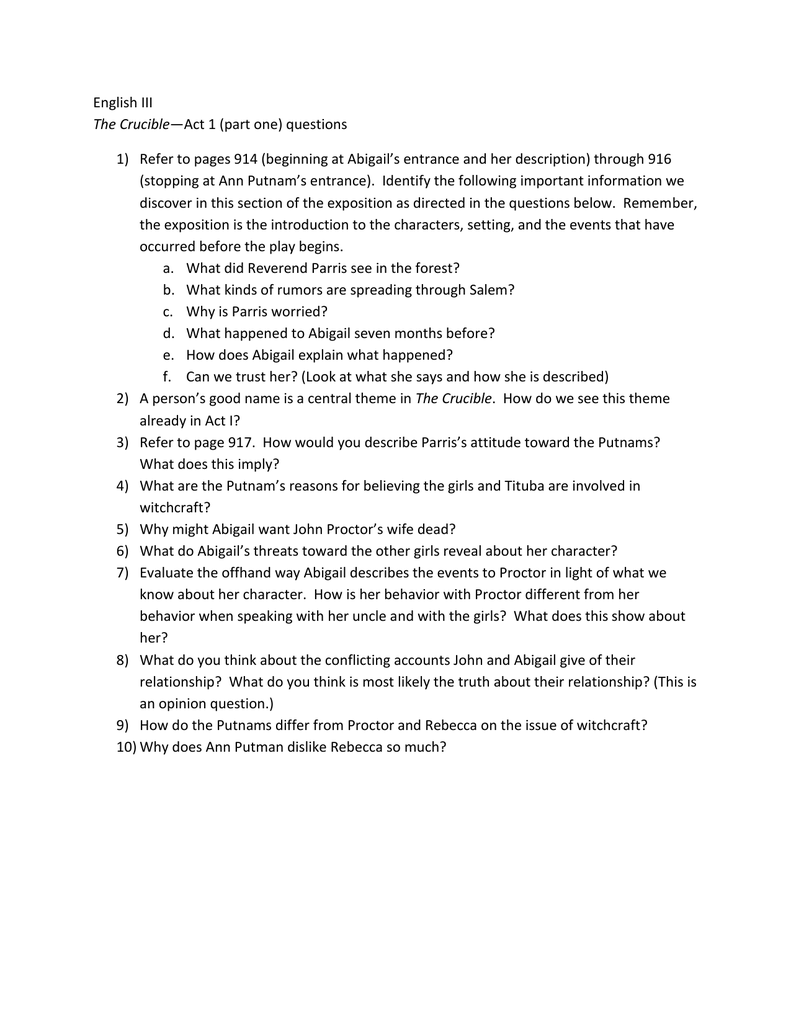
😎 The crucible discussion questions act 1. SparkNotes The Crucible Study Questions. 20190123
The Crucible Summary. Next. Act 1. In the Puritan town of Salem, Massachusetts in 1692, the town minister, Reverend Parris, discovers his daughter Betty, niece Abigail, and other girls dancing in the forest with his slave Tituba. Betty faints in fright at being discovered, and will not wake. Rumors of witchcraft spread through the town and a.

The Crucible 10 Essential Revision Links Crucible, Gcse english, Revision notes
Act I: The entrance of John Proctor to the entrance of Reverend Hale. John Proctor meets the girls in the Parris home and reprimands Mary for disobeying his orders, and his affair with Abigail is revealed. Parris, Mercy, and the Putnams rush to Betty's room after hearing her scream, and Rebecca Nurse suggests that her ailment is a result of.
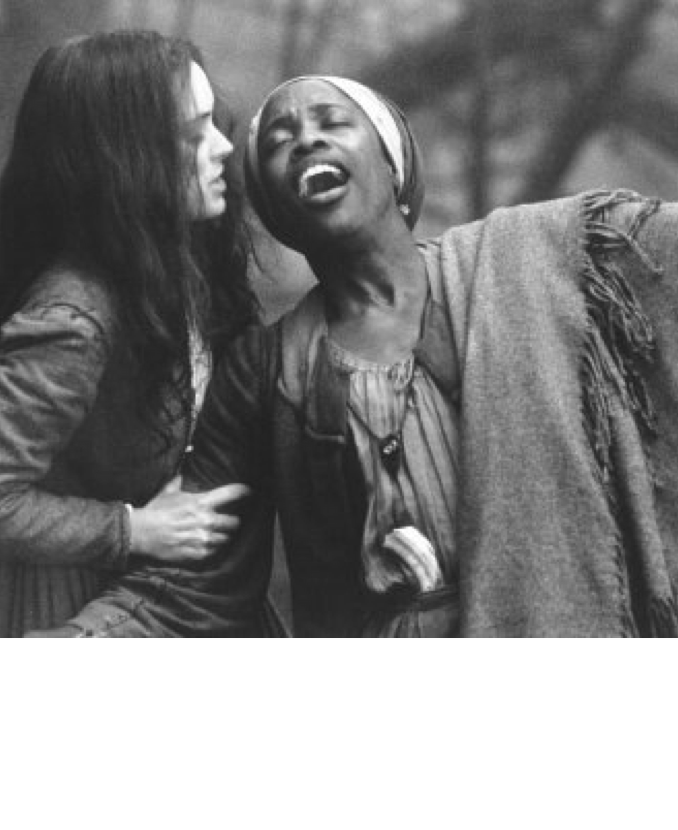
️ Description of abigail in the crucible. SparkNotes The Crucible Character List. 20190211
Check out Arthur Miller's The Crucible Video SparkNote: Quick and easy The Crucible synopsis, analysis, and discussion of major characters and themes in the.

Crucible SparkNotes Literature Guide Spark Publishing 9781411469501
Point of View. The point of view of The Crucible differs based on whether the play is performed or read. Because Miller doesn't write any soliloquies to reveal characters' inner thoughts, the audience is only privy to the action on the stage, so their perspective is third-person limited, meaning we only have access to what the characters do.
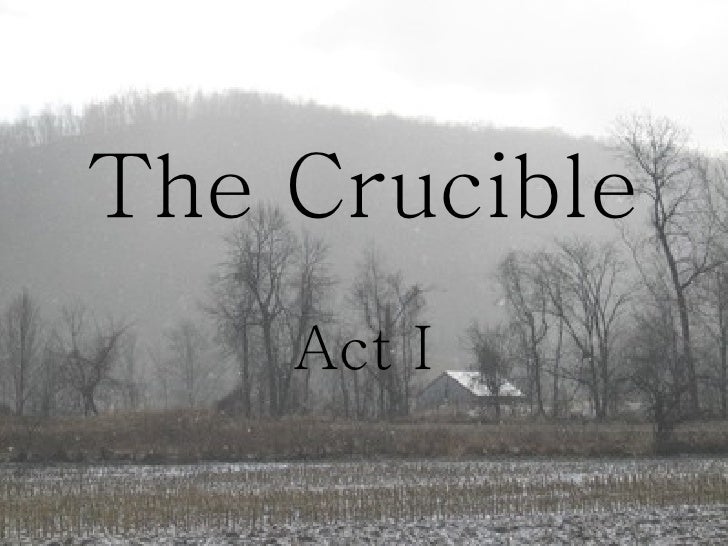
crucible act 1 summary
Full Play Analysis. In telling the story of a New England so gripped by hysteria they killed many of their own residents, The Crucible explores the tension between the repressive forces of a social order and individual freedom. The antagonist in The Crucible is broadly the town of Salem, whose residents temporarily lose their sense of community.

sparknotes crucible act 1
But second, and perhaps more important, we see in this quotation a fierce loathing of the entire town—"I never knew what pretense Salem was, I never knew the lying lessons. . . .". Abigail hates Salem, and in the course of The Crucible, she makes Salem pay. Explanation of the famous quotes in The Crucible, including all important speeches.
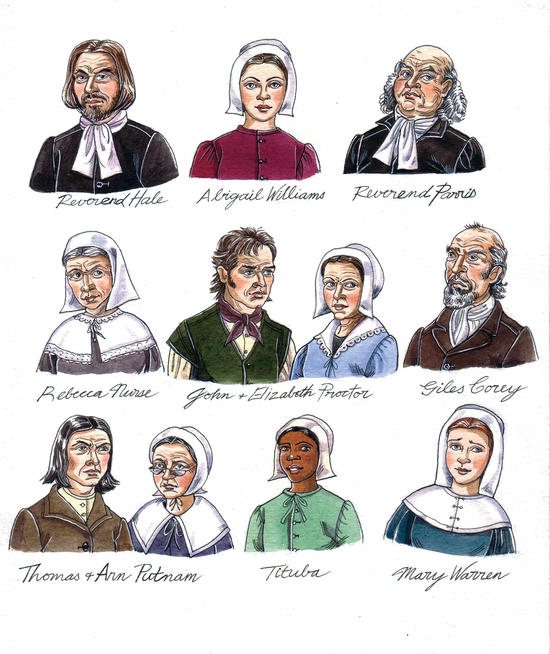
the crucible main characters
The Crucible is a Tony Award-winning play by Arthur Miller. The play is a partially fictionalized dramatization of the Salem witch trials, which took place from February 1692 to May 1693. Premiering in 1953 at the height of the McCarthy trials, Miller wrote The Crucible as an allegory for the paranoia, fear-mongering accusations, and circumstantial evidence he witnessed.